What Is Chimichurri Sauce? A Zesty Guide to Argentina’s Green Gold
Chimichurri sauce is a vibrant, herb-packed condiment that has taken the world by storm. Whether you're a seasoned chef or a curious foodie, this green sauce is sure to add a burst of flavor to your meals. But what exactly is chimichurri sauce? In this article, we'll explore its origins, ingredients, and how to use it in your kitchen. Plus, we’ve included practical tips, a detailed buying guide, and some fun comparisons to help you master this iconic sauce.
Table of Contents
What Is Chimichurri Sauce?
Chimichurri sauce is a fresh, tangy, and herb-filled sauce originating from Argentina. It’s typically made with parsley, garlic, olive oil, vinegar, and sometimes red pepper flakes. The name itself is said to have originated from the sound of the sauce being shaken or stirred, which resembles the phrase “chimi churri.”
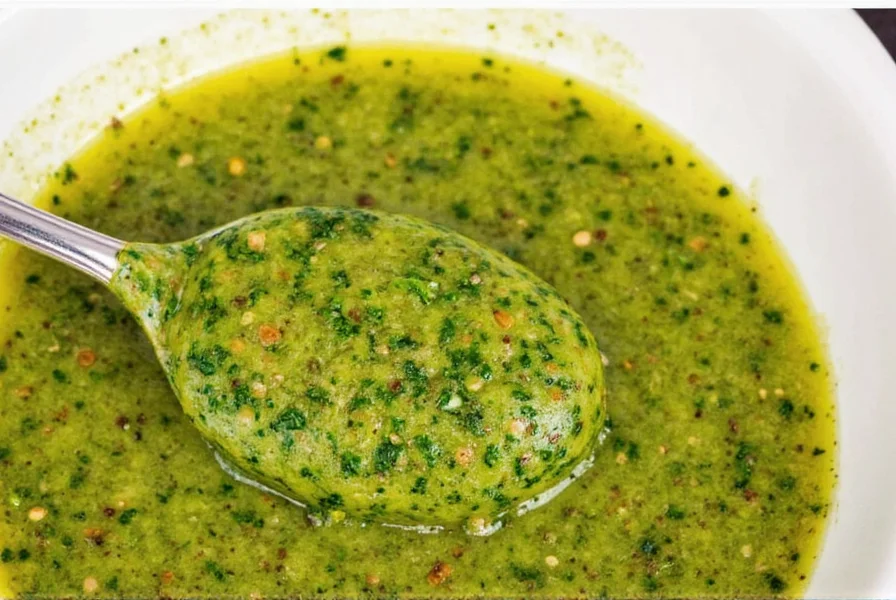
This sauce is often used as a condiment for grilled meats, especially beef. Its bright green color and bold flavor make it a standout on any plate. But beyond its traditional uses, chimichurri can be a versatile addition to salads, seafood, and even sandwiches.
The Origins of Chimichurri
While the exact origin of chimichurri is debated, most sources trace it back to Argentina, where it has been a staple in local cuisine for centuries. Some believe it was influenced by Italian immigrants who brought their love for herbs and vinegar to South America. Others argue that it has roots in indigenous cooking traditions.
Regardless of its true origin, chimichurri has become synonymous with Argentine culture. It's often served alongside asado, the country's famous barbecue style of cooking. Today, it's also popular in other Latin American countries like Uruguay and Paraguay, and it’s gaining global recognition in fine dining and home kitchens alike.
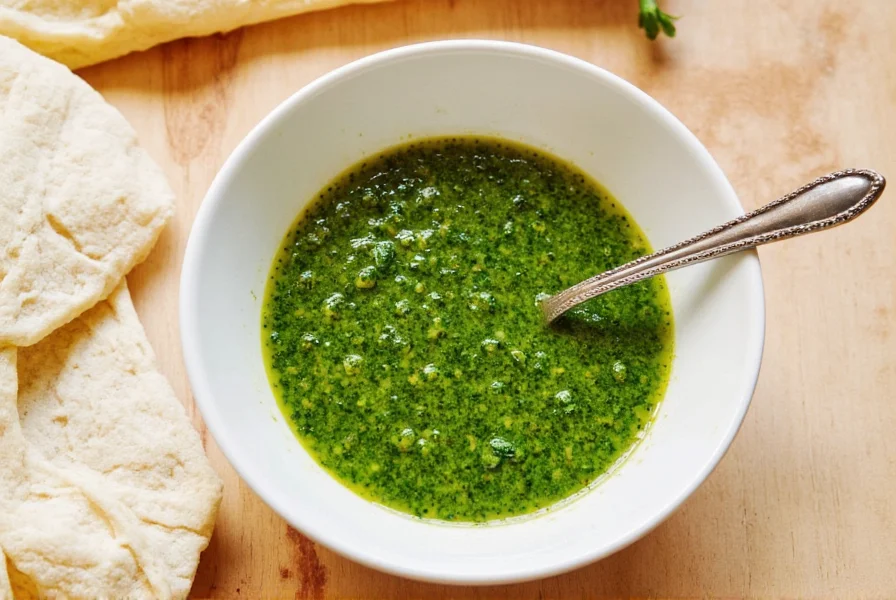
Key Ingredients in Chimichurri Sauce
To understand what is chimichurri sauce, it helps to know the main components that give it its signature flavor. Here are the typical ingredients:
- Parsley: The base of the sauce, providing a fresh, herbaceous flavor.
- Garlic: Adds depth and a subtle kick.
- Olive Oil: Binds the ingredients together and adds richness.
- Vinegar: Brings acidity and balance to the sauce.
- Red Pepper Flakes: For a bit of heat (optional).
Some variations may include lemon juice, capers, or even mustard, depending on regional preferences or personal taste.
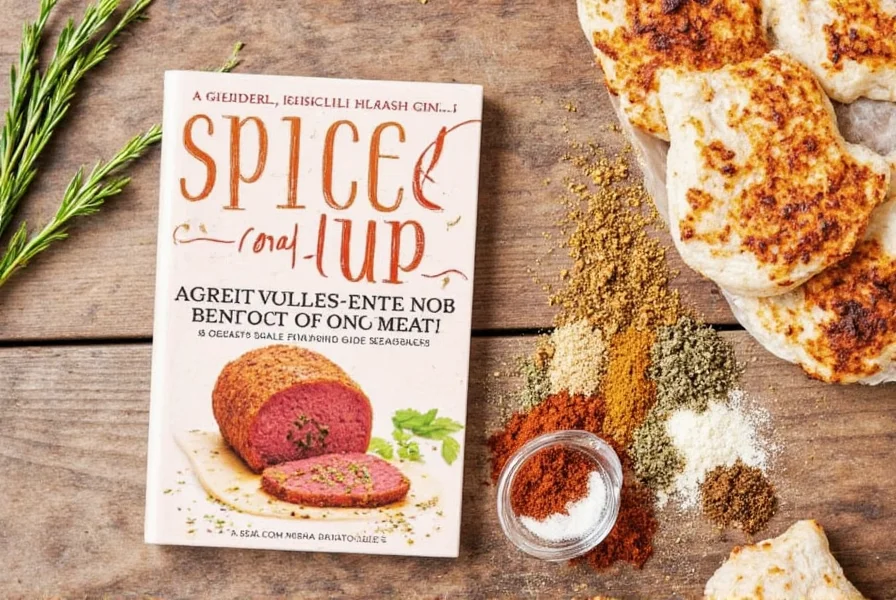
Practical Tips for Using Chimichurri
Now that you know what is chimichurri sauce, here are some practical tips to help you use it effectively in your cooking:
- Pair It With Grilled Meats: Chimichurri is a perfect match for steak, chicken, or lamb. Drizzle it over the meat before serving for an extra layer of flavor.
- Use It in Salads: Mix a small amount into your favorite salad for a fresh twist. It works well with mixed greens, tomatoes, and cucumbers.
- Make a Marinade: Use chimichurri as a marinade for chicken or fish. The acidic elements in the sauce help tenderize the protein while adding flavor.
- Spread It on Sandwiches: Add a dollop of chimichurri to your sandwich for a zesty punch. It pairs well with turkey, roast beef, or even grilled vegetables.
- Store It Properly: Keep chimichurri in an airtight container in the refrigerator for up to a week. The flavors will continue to develop over time.

Buying Guide: Choosing the Best Chimichurri
If you’re not making chimichurri from scratch, here are some tips for choosing the best store-bought version. Remember, what is chimichurri sauce is not just about the ingredients—it’s also about the quality and freshness.
Features to Look For
- Fresh Herbs: The best chimichurri should have a strong, aromatic herbal scent. Avoid sauces with artificial preservatives or excessive salt.
- Natural Ingredients: Look for products with minimal additives. A good chimichurri should be made with simple, recognizable ingredients.
- Consistency: The sauce should be smooth but not overly thin. It should hold its texture without becoming watery.
- Flavor Balance: A great chimichurri has a nice balance of tangy, garlicky, and herbaceous notes. Avoid anything that tastes too sour or too salty.
Best Products for Different Needs
| Product | Features | Use Case | Target Audience | Suitable Occasions |
|---|---|---|---|---|
| La Vaca Loca Chimichurri | Organic, all-natural, no added preservatives | Perfect for grilling, marinating, and dipping | Health-conscious eaters, gourmet chefs | BBQ parties, family dinners, special occasions |
| Patagonia Chimichurri | Traditional recipe with a bold, zesty flavor | Great for pairing with grilled meats or salads | Cooking enthusiasts, food lovers | Outdoor gatherings, restaurant-style meals |
| Organic Valley Chimichurri | Made with organic ingredients and no artificial flavors | Ideal for everyday use and light dishes | Eco-friendly consumers, casual cooks | Weeknight dinners, quick lunches |
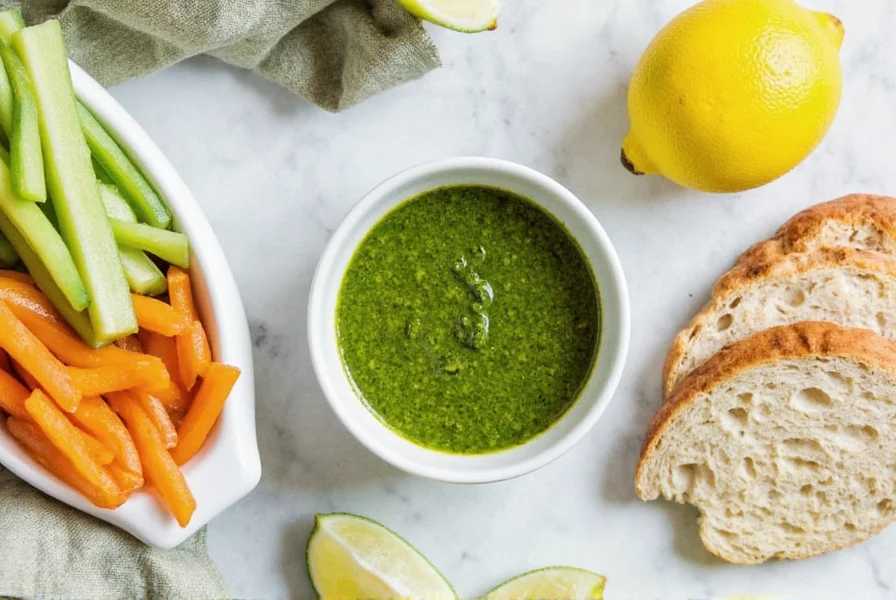
Conclusion
So, what is chimichurri sauce? It’s more than just a condiment—it’s a cultural symbol, a flavor powerhouse, and a versatile ingredient that can elevate any dish. Whether you're using it to enhance a grilled steak, mix into a salad, or spread on a sandwich, chimichurri brings a unique blend of freshness, tanginess, and herbiness to the table.
With the right ingredients and a bit of creativity, you can enjoy the magic of chimichurri at home. And if you prefer to buy it ready-made, look for high-quality options that reflect the authentic flavors of this beloved sauce. So next time you're looking for a way to add some zest to your meal, reach for chimichurri and experience the taste of Argentina in every bite.
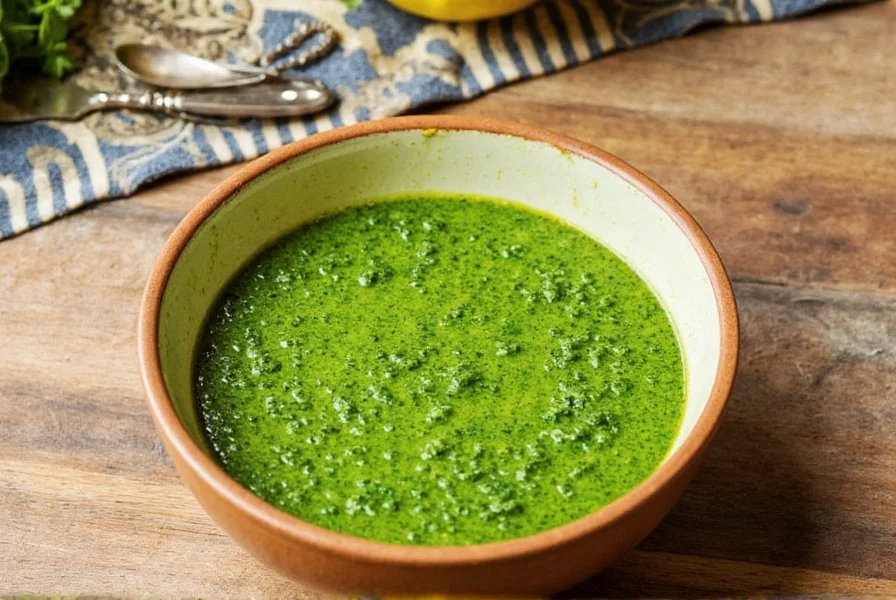

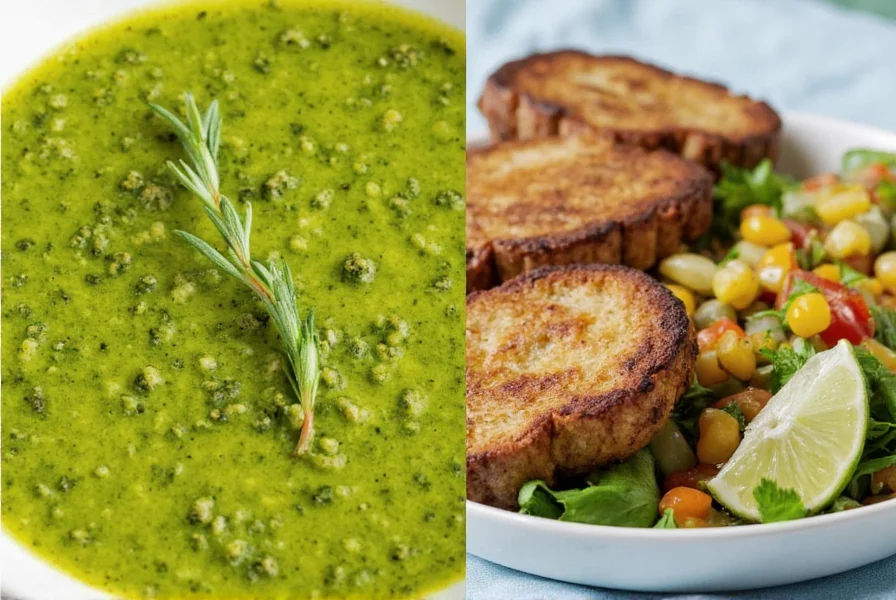









 浙公网安备
33010002000092号
浙公网安备
33010002000092号 浙B2-20120091-4
浙B2-20120091-4